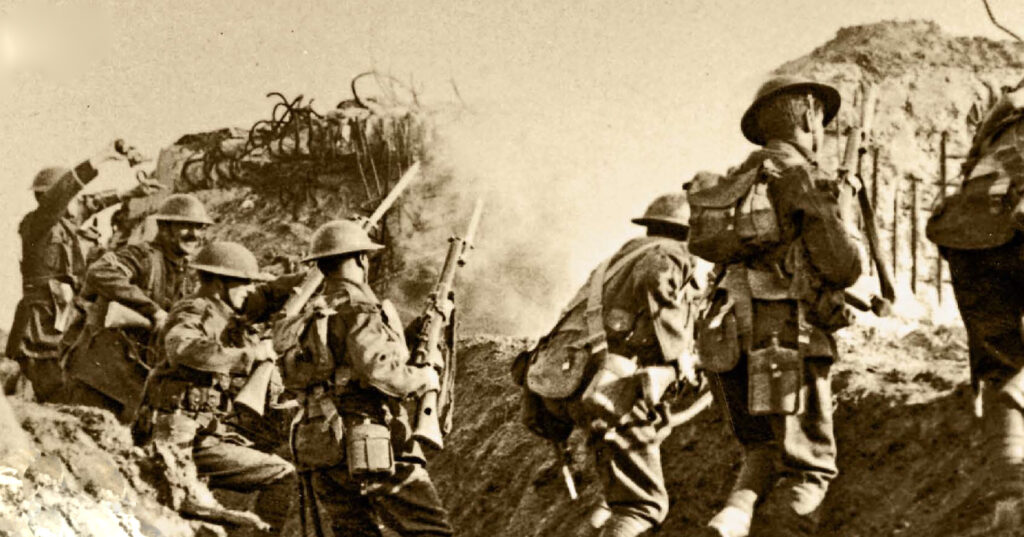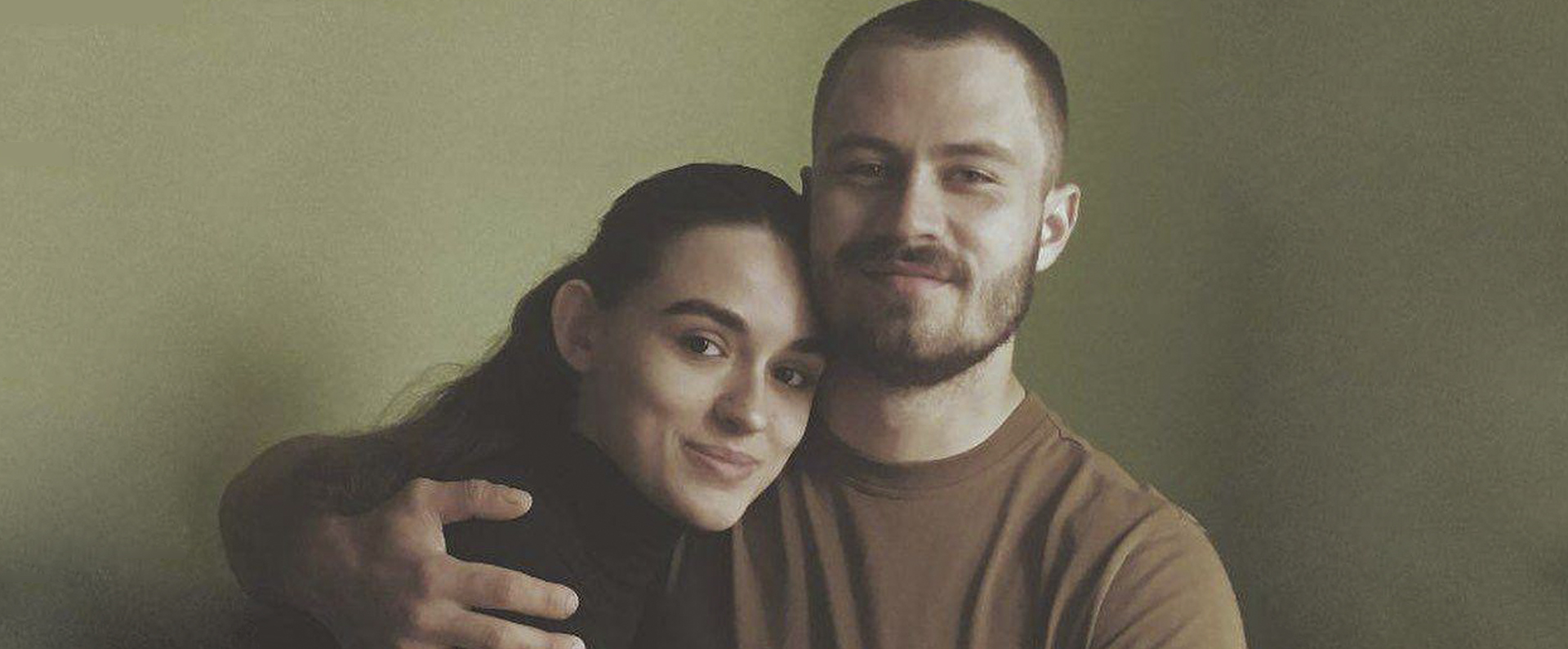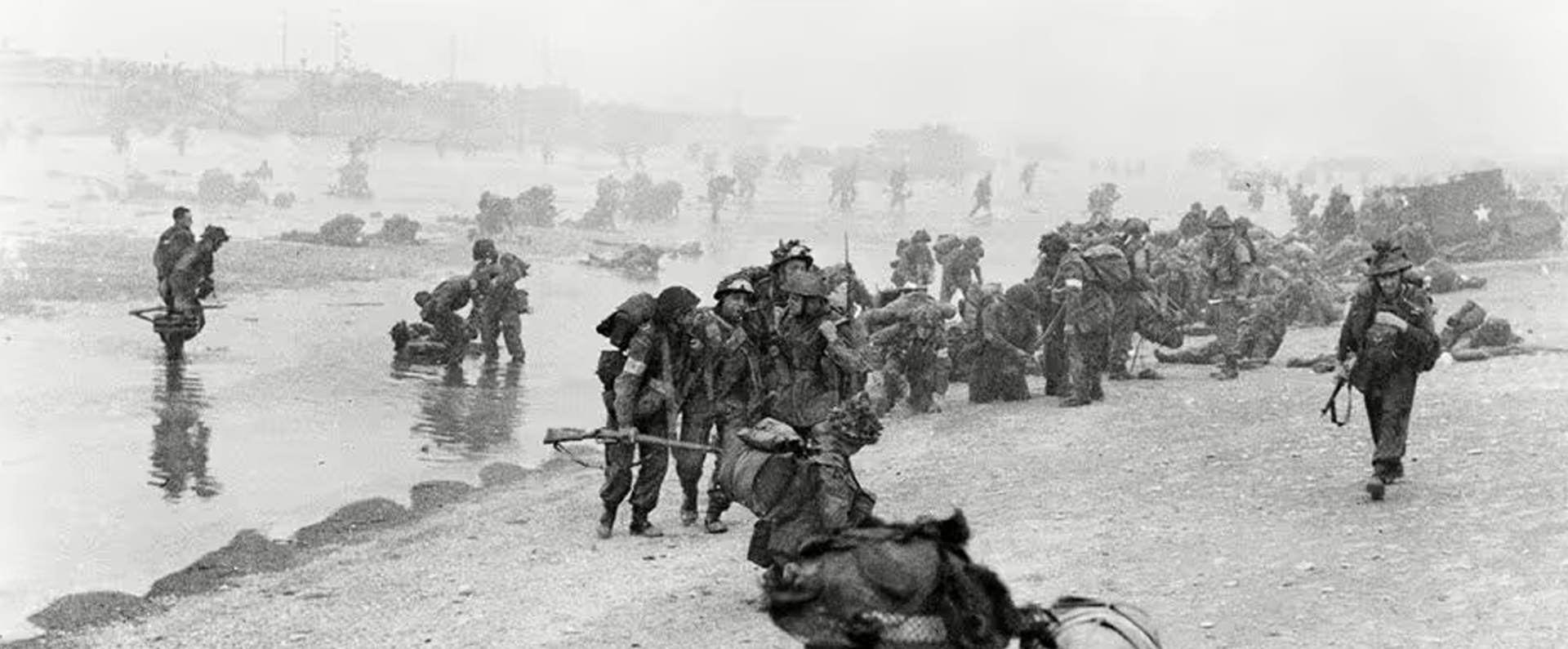
Published in The Mail On Sunday on 25 September 2022.
LORD ASHCROFT shares the full story of the short yet remarkable life of a baby-faced soldier who died saving his company’s ‘father-figure’ commander in the Great War.
- Park in Tottington, Bury will be renamed in honour of Private George Peachment
- Pte Peachment was the youngest servicemen to be awarded Victoria Cross at 18
- A giant mural depicting him and his mother, Mary, and VC will also be unveiled
- The baby-faced soldier died more than a century ago during First World War
At 2pm today, Padre Hugh Bearn will preside over a service to commemorate a courageous baby-faced soldier who died more than a century ago. The event in Bury, Lancashire, will also bring to a close his long campaign to right a wrong.
Through the relentless endeavours of Padre Bearn and others, a park in nearby Tottington is being renamed in honour of Private George Peachment, who, aged just 18, was one the youngest servicemen ever to be awarded the Victoria Cross (VC).
Furthermore, a giant mural depicting Pte Peachment with his mother, Mary, the VC and a large number of local landmarks will also be officially unveiled today in the park. And, finally, an information board bearing Peachment’s regimental colours will be put up in order to tell the story of the young soldier’s incredible bravery during the First World War – an action that cost him his life.
As the author of seven books on bravery and as a gallantry medal collector, including being the proud custodian of the Peachment medals, I salute the efforts of Padre Bearn, who has campaigned for more than 25 years to have this young hero’s bravery publicly recognised.
Today, too, I am able to tell the full story of the short life and astonishing courage of Peachment, along with detailing the contents of an emotional letter sent to his mother by the soldier’s company commander, whose life the teenager had saved.
Peachment, the son of a barber, was born at Fishpool, Bury, on May 5, 1897. After being educated locally at three schools, he became an apprentice fitter at Ashworth and Parker and, later, at a second Bury firm, J. H. Riley. He is believed to have left school at just 12.
Shortly after the outbreak of the First World War in August 1914, Peachment tried to enlist, but was turned away as too young after giving his real date of birth.
On April 19, 1915, he enlisted into the 5th King’s Royal Rifle Corps, falsely giving his age as 19 years one month when he was actually 17 years 11 months. To aid the deception, he wore his father’s bowler hat to make himself look older – a soldier had to be at least 19 to serve overseas.
Peachment’s deceit should be put into context. It was a time when many teenagers lied about their age in order to enlist, fearing they would miss out on serving King and country in a short global war. Most had little, or no, imagination of the horrors they would encounter in the trenches or the difficulties they would face being away from their families for long periods.
In the event, Peachment’s military career got off to an inauspicious start when, as official records show, he went absent from 7.30pm on July 2, 1915, until 8.10am on July 5, for which he was fined seven days’ pay.
He then transferred into the 2nd Battalion of the King’s Royal Rifle Corps and was posted to France on July 27, 1915.
On September 19, 1915 – by then aged 18 years four months – he was confined to barracks for three days for having a dirty bayonet while on parade. Six days later, he found himself in the thick of the action on the opening day of the Battle of Loos, the largest British offensive on the Western Front during 1915.
The battle had begun in earnest at 6.30am on September 25 after a four-day artillery barrage to soften up the German front line.
However, when the British decided to employ poison gas, things did not go to plan. Men of the 2nd Battalion King’s Royal Rifles and 1st Battalion Loyal North Lancs found themselves forced to go over the top because they were choking on their own gas, which had drifted back over the British lines.
Two enemy machine guns that had escaped damage in the artillery bombardment took a terrible toll on the advancing British soldiers. A few managed to reach the enemy’s barbed-wire defences but were soon cut down by heavy fire. Unsurprisingly, the attack faltered and the Tommies were forced to take cover in shell holes and natural hollows.
At 7.30am, those few who had survived began to straggle back to their trenches. Peachment was not among them. As would soon become clear, the young soldier had gone to the aid of his commanding officer, Captain G. R. Dubs, who lay wounded in no-man’s-land. And in the course of this courageous action, Peachment had been killed.
Dubs survived his serious injuries and the story of the bravery he witnessed is perhaps told best in his own words. In an affectionate and moving letter to Peachment’s mother, Mary, Dubs spelt out how courageous her son had been, both in battle and in death.
‘I cannot tell you how sorry I am that your brave son was killed, but I hope it may be some little consolation to you to know how bravely he behaved and how he met his end,’ he wrote.
‘When we reached the [barbed] wire, we found it absolutely untouched by our artillery fire, and an almost impassable obstacle as a result. However, we had to push on, and I gave the order to try to get through and over it. Your son followed me over the wire and advanced with me about 20 yards through it till we were only about 15 yards from the German trench.
‘None of the other men of the line were able to get as far, and he was the only man with me. As a matter of fact, I had not noticed your son was with me, but at this point a bomb hit me in the eye, blowing it and part of my face away. I fell to the ground, but, on sitting up, found your son kneeling beside me. The German fire was at this time very intense, but your son was perfectly cool.
‘He asked me for my field dressing and started bandaging my head, quite oblivious to the fire. His first thought was to help me, and though there was a shell hole nearby where he might have got cover, he never thought of doing so. Of course, the Germans were bound to see us sitting up, and one of them threw a bomb which hit your son in the chest while, at the same time, I received a bullet also in the chest.
‘Your son was beyond feeling any pain, though still alive. I tried to drag him into the shell hole and at the same time keep him from moving, but at that moment a bullet hit him in the head and killed him. After his first wound, he was bound to die – in fact, he was already unconscious to any pain. I lay beside him there all day, and eventually [I was] picked up in the late afternoon when the trench was taken by a flank attack.
‘I can’t tell you how much I admired your son’s bravery and pluck. He lost his life in trying to help me, and no man could have been braver than he was.
‘I have recommended him for the VC, and have heard that the Commanding Officer has seen the recommendation. If he gets it, it is sad to think he is not in this world to receive all the congratulations he would get, but perhaps it may be a comfort to you.
‘Your son died the finest death that man can die, he showed the greatest gallantry a man can show; and I hope these facts may help you in your sad loss, together with the fact that he was spared all pain and suffering.’
The recommendation by Dubs for Peachment’s VC was approved and The London Gazette detailed the rifleman’s courage when publishing his citation on November 18, 1915: ‘For most conspicuous bravery near Hulluch on September 25, 1915.
‘During very heavy fighting, when our front line was compelled to retire in order to reorganise, Private Peachment, seeing his Company Commander, Captain Dubs, lying wounded, crawled to assist him. The enemy’s fire was intense, but, though there was a shell hole quite close, in which a few men had taken cover, Private Peachment never thought of saving himself.
‘He knelt in the open by his officer and tried to help him, but while doing this he was first wounded by a bomb and a minute later mortally wounded by a rifle bullet. He was one of the youngest men in his battalion, and gave this splendid example of courage and self-sacrifice.’
Peachment’s posthumous VC was presented to his mother by King George V at Buckingham Palace on November 29, 1916. His body was never recovered, but he is commemorated on the Loos Memorial at Dud Corner Cemetery in France, which lists the names of more than 20,000 British and Commonwealth soldiers who died in the battle.
I purchased Peachment’s gallantry and service medals at auction in 1996, ten years after buying my first VC. The remarkable letter from his company commander to his mother accompanied the medals.
I have little doubt that Peachment looked upon his company commander as a father figure. In fact, many young soldiers built close relationships with their officers, particularly company commanders, and this often inspired great loyalty on both sides.
Peachment was not the youngest man ever to be awarded a VC. That honour belongs to two 15-year-olds who received the award for separate acts of bravery in the 19th Century. Nevertheless, he remains one of the youngest recipients of Britain and the Commonwealth’s most prestigious gallantry award, and his devotion to his company commander was truly remarkable. It is believed there were eight recipients of the VC from the Great War who were aged just 18 and, in theory, too young to serve overseas.
Padre Bearn became vicar of Tottington 27 years ago and met Peachment’s nephew, Stan Peachment, who was then dying of cancer but who told him about his uncle’s courage. At the time, Peachment’s VC was being kept under Stan’s mattress. Padre Bearn told me: ‘I thought it was wrong that there was no public recognition locally for the only man of Bury to be awarded a VC during the First World War.’
Eventually, he got a local housing project, Peachment Place, named after the soldier and there is a small plaque bearing his name at St Anne’s Church in Bury. However, it took a quarter of a century to persuade local authorities, veterans’ associations, dignitaries and the public that much more needed to be done.
Padre Bearn told me: ‘I got the bit between my teeth and wouldn’t let this go. People were won over by the goodness of the story and I am delighted that, after the service on Sunday, I will be able to take a step back and feel I have achieved what I set out to do all those years ago to champion the bravery of this forgotten man.’
He added: ‘I am delighted to say that a 27-year quest to get greater recognition for this courageous young man has finally reached fruition. I come from a military family and I am passionate about our Armed Forces, looking after our servicemen and women, and ensuring great acts of bravery are publicly recognised. I want to shine a torch on their achievements so that they are never forgotten.’
Today, Town Meadow Park will officially be renamed Peachment VC Town Meadow Park, so its centuries-old name is not lost for ever.
A new information board, located in the renamed park, now contains images of Peachment and his VC citation from the Battle of Loos.
Sadly, I am unable to attend today’s dedication service to which I was kindly invited. However, I have accepted an invitation to send a short address that will be read out. It ends: ‘Private George Peachment VC undoubtedly belongs to that rare category of men which I like to describe as “the bravest of the brave”. His sad death, at the age of just 18, epitomises the virtues of courage and self-sacrifice.
‘To quote from the Gospel according to St John, “Greater love hath no man than this, that a man lay down his life for his friends.” ’
Read this article on MailOnline.co.uk
For more information, visit:
LordAshcroftOnBravery.com


